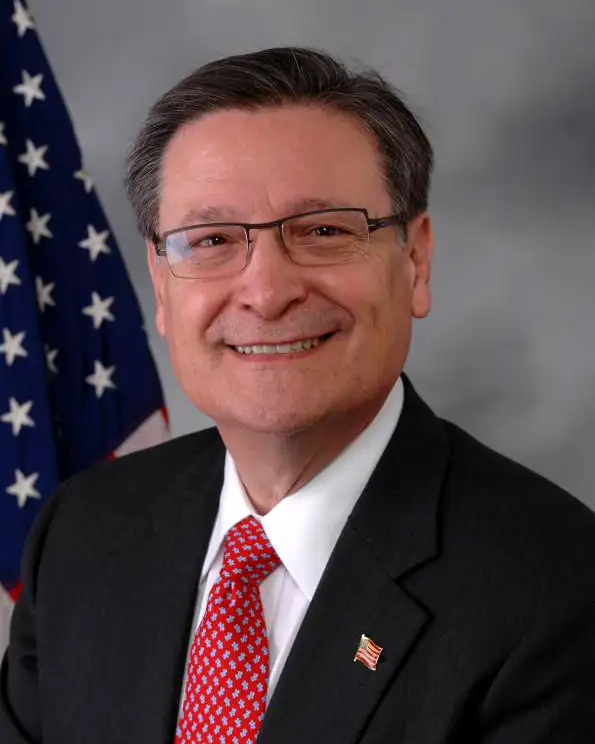Photo: Francisco Raul “Quico” Canseco; via Wikipedia.
What does real healing look like for survivors of childhood sexual abuse, and what responsibility do lawmakers have to ensure their voices are never silenced again? In an opinion piece for RealClear Policy, former U.S. Representative Francisco Raul “Quico” Canseco from Laredo, TX answers these questions, urging lawmakers to prioritize the rights and recovery of survivors of childhood sexual abuse over the interests of powerful institutions.
Canseco argues that real healing begins when survivors can tell their stories in court and see justice served, rather than being silenced or dismissed by bureaucratic or legislative barriers.
Canseco describes how decades of institutional protection, by churches, schools, foster care systems, and juvenile facilities, have allowed abusers to operate unchecked while survivors were ignored or shamed into silence. He believes lawmakers now have an obligation to ensure that this cycle of silence is not repeated through new legislation that could unintentionally limit survivors’ access to justice.
Canseco also highlights weaknesses within the child protection framework, noting that decisions made by Child Protective Services often depend on subjective interpretations rather than clear evidentiary standards. He urges policymakers to strengthen oversight and consistency across investigations so that children in real danger are protected quickly and fairly.
Litigation, Canseco writes, is one of the few tools survivors have to hold powerful institutions accountable. But it is also one of the most difficult paths to pursue. Many survivors face years of litigation against well-funded organizations with large legal teams and deep pockets. He notes that successful cases not only bring justice to survivors but also push institutions to reform their internal systems to prevent future harm.
That progress, he warns, is now at risk. Canseco opposes pending legislation introduced by Senator Thom Tillis of North Carolina and Representative Kevin Hern of Oklahoma, aims to impose broad limits on third-party litigation funding, the system that allows outside investors to help cover the steep costs of lawsuits. Supporters of the bill say it would prevent predatory lending practices and make the funding process more transparent. But critics, including Canseco, warn that the measure would have unintended consequences for survivors of childhood sexual abuse. Without access to funding, survivors would struggle to afford expert witnesses, case preparation, and years of court proceedings against powerful institutions. In effect, the bill could close the courthouse doors to those least able to pay for justice.
“Survivors often wait years, even decades, before disclosing their abuse,” Canseco writes, adding that financial backing helps them face institutions with far greater resources. He stresses that litigation funding gives survivors a fair chance to stand up for themselves instead of being silenced again by economic disadvantage.
Canseco maintains that lawsuits against negligent institutions do more than deliver compensation; they force meaningful change. “When institutions face economic consequences, they change,” he explains, noting that financial accountability leads to better policies, staff training, and long-term prevention.
While acknowledging that the bill’s sponsors likely have no intention of harming survivors, Canseco urges congressional leaders such as Senator John Cornyn of Texas to work toward a fix that exempts childhood sexual abuse cases from the proposed restrictions. Such a step, he argues, would preserve both transparency in litigation funding and justice for survivors.
Canseco suggests that Congress faces a defining choice: to protect large institutions from financial exposure or to protect the survivors who have already suffered at their hands. “When survivors are silenced, abuse continues,” he warns. Canseco urges lawmakers to carve out specific protections in this legislation to reaffirm the nation’s commitment to children, survivors, and accountability.
Need Help Taking Legal Action Against An Institution?
Survivors of institutional sexual abuse deserve justice and the chance to be heard. Learn your legal rights here. You can also start your free case review process by filling out the confidential, secure form below.




